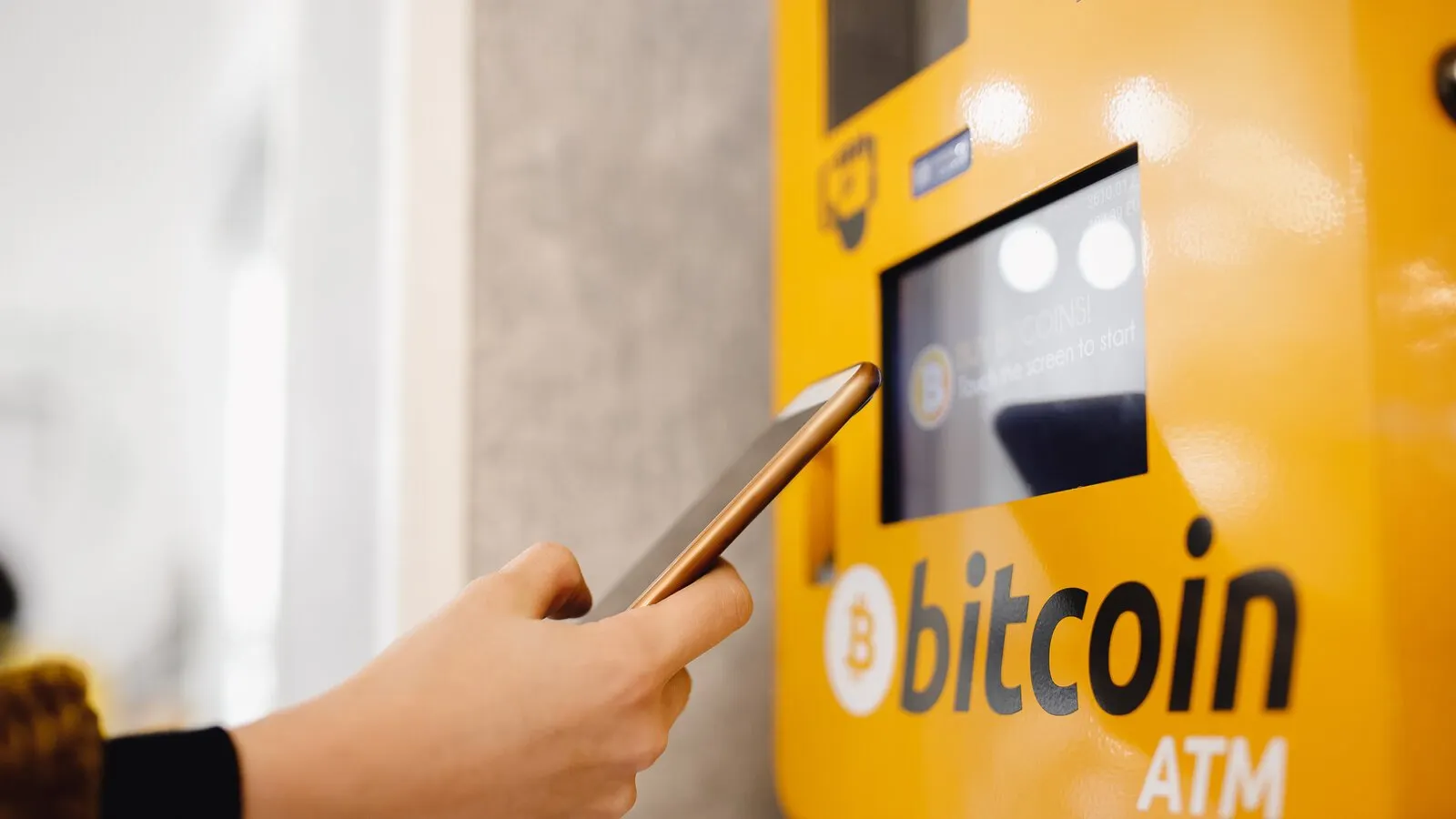Crypto ATMs, once touted as a convenience for enthusiasts, are now being exploited by scammers, leaving victims, many of them elderly, with substantial financial losses.
In response, Illinois Senator Dick Durbin has introduced the Crypto ATM Fraud Prevention Act, seeking to impose new regulations to curb the rising tide of fraud associated with these machines.
The legislation, announced Tuesday, would place strict transaction limits on crypto ATMs and require companies to offer full refunds to victims who report fraud within 30 days of the transaction.
“These measures are common-sense guardrails that will prevent countless Americans, particularly senior citizens, from losing thousands of dollars of their hard-earned savings to criminal scams,” Dublin said while urging his colleagues on the Senate floor to pass the bill into law.
Under the proposed rules, new users would be prohibited from spending more than $2,000 daily or $10,000 within 14 days.
The bill would also mandate that users attempting transactions over $500 be contacted directly by operators to ensure fraudsters are not manipulating them.
Durbin kicked off his proposal by sharing the story of a New Lenox man who was scammed out of $15,000 after receiving a call from someone pretending to be a deputy.
The scammer told him he had missed jury duty and could avoid arrest by paying a fine through a Bitcoin ATM.
The victim, worried about the consequences, followed the instructions and deposited the money, only to realize it was a scam.
“There was no way to trace the transaction to the scammer and no way to get the money back,” Dublin said. “This is just one example of a growing and alarming trend of crypto ATM fraud.”
As the world’s largest crypto gains widespread institutional interest, with 18 states, including Illinois, proposing to establish Bitcoin Reserves, crypto-related scams are also on the rise.
Data provided to NBC News by the Federal Trade Commission (FTC) revealed that the amount of money consumers have reported losing to scams involving Bitcoin ATMs has nearly increased tenfold since 2020, topping $110 million in 2023 alone.
“While these scams aren’t all identical, they generally play out just like the one I described,” Durbin said, explaining how scammers impersonate government officials or bank representatives, making urgent threats that push victims to act quickly and deposit large sums into Bitcoin ATMs.
FTC data also showed how older adults are disproportionately targeted, with consumers over age 60 more than three times as likely to be duped compared to younger adults.
"Scammers are using these machines as a way to take money from people more than we’ve seen in the past," Emma Fletcher, a senior data researcher at the FTC, said last year.
Bitcoin ATMs, though banned in some countries, are legally operating in the U.S. and have proliferated, with nearly 29,642 machines now in operation, as per Coin ATM Radar data.
These scams include fraudulent crypto ATMs and hackers targeting platforms like Bybit, where the notorious North Korean Lazarus Group stole $1.4 billion in assets last week, marking the most significant exploit in the industry’s 17-year history.
Edited by Sebastian Sinclair

